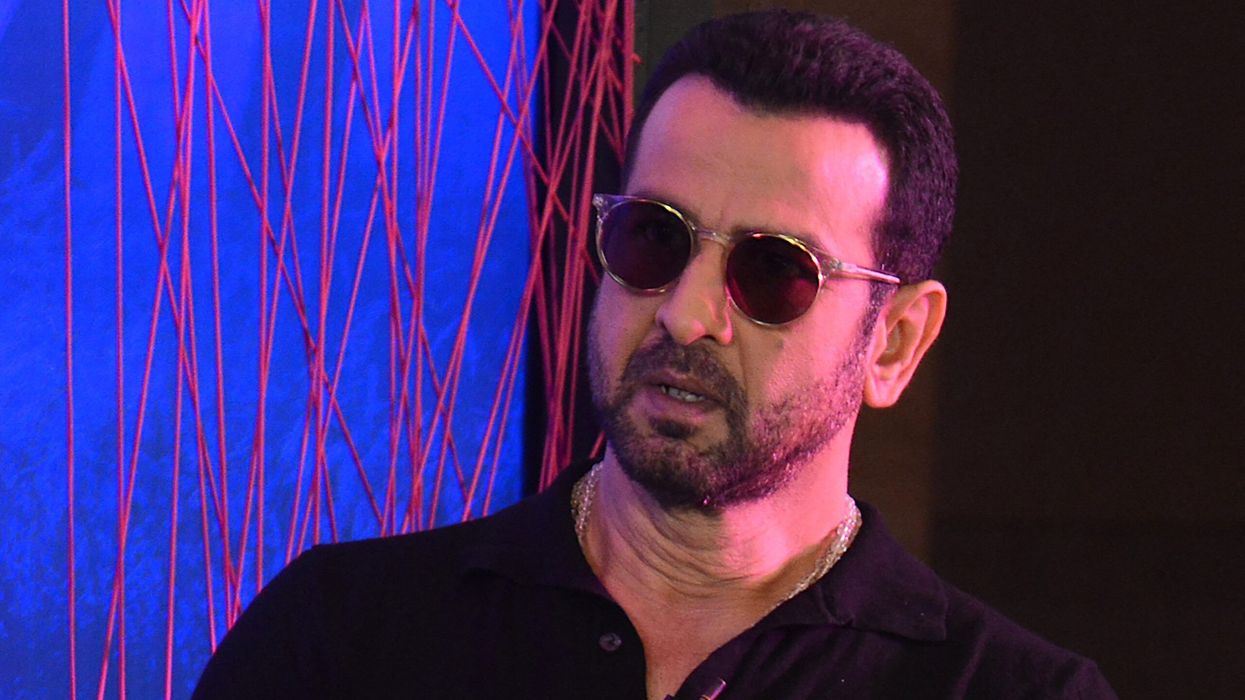Actor Ronit Roy is one of the busiest actors in the Indian entertainment space. Though he made his acting debut with the hit 1992 film Jaan Tere Naam, it was his transition to television in the late 90s that helped him immensely. His portrayal of Rishabh Bajaj in Ekta Kapur’s popular Hindi series Kasautii Zindagi Kay made him a household name and won him several awards and accolades.
The actor recently revealed that he missed out on the opportunity of starring in the hit US show Homeland because of his commitment to his then-successfully running show Adaalat, where he played the role of lawyer K.D. Pathak for five years.
Talking to an online publication, Ronit expressed his wish of “winning an Oscar” one day and shared, “Besides Zero Dark Thirty, I missed out on Homeland. When Homeland was offered to me, I was shooting for Adaalat on Sony TV, and it was a bi-weekly thriller.”
The actor said that he turned down the offer as he did not want to leave Sony Entertainment Channel hanging by leaving their show.
“I understand Homeland and all that but K.D Pathak is one of the most popular characters that I have done. People still love him. It was my show. I won’t give up my show, and show thenga to Sony and say, ‘Acha jaa raha hun (Okay, I am leaving)’, he added.
He said that he did not want to shut on 150 people who were working on Adaalat. “One show that is rolling with 150 people living on it… you are shutting 150 families. You can’t do that for a Homeland,” Ronit shared.
The actor is confident that he will work in Hollywood someday.
“I am confident it will happen sooner or later,” he said.
Stay tuned to this space for more updates!




